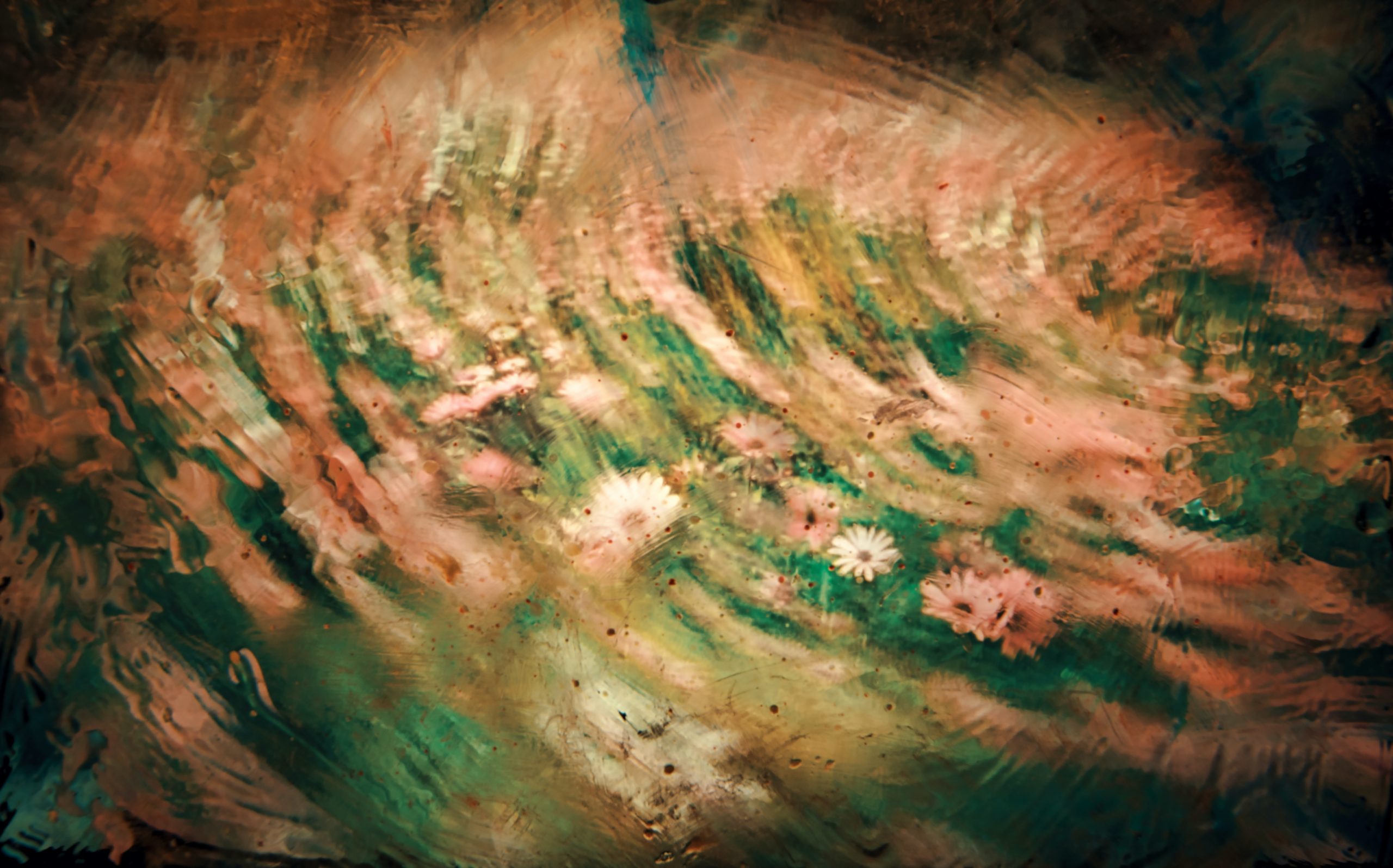Interview with Ole Bjerg
Ole Bjerg is associate professor at the Copenhagen Business School. He writes for the ephemera Journal and is one of the organizers of the conference "Organizing for the post-growth economy". He gave us a short interview for the Stream towards Degrowth. 

The crises provoked by the COVID-19 pandemic have revealed for all what many have long known: the foundations of the wealth and well-being of the world rest upon the sphere of social reproduction and the labor of care. This work is performed primarily by women and, more generally, by people whose work and lives are under-valued and marginalized by sexist, racist, classist, homophobic and ableis...

While the limits and failures of our current economic and political system are known and repetitively pointed out by degrowth research, we have a deficit in the area of strategic planning for transformative politics. What is missing are entry points for politicizing and changing social values, norms and institutions. To do this successfully, it is useful to detect how hegemonic values are embed...
In the spring of 2019, the Finnish degrowth network (kohtuusliike) undertook an election campaign. The aim of the campaign was to break the silence around degrowth ideas in political discourse. We were also curious to see how much support calls to limit production and consumption could generate within the ‘system’. We wrote a short manifesto outlining policy principles which we c...